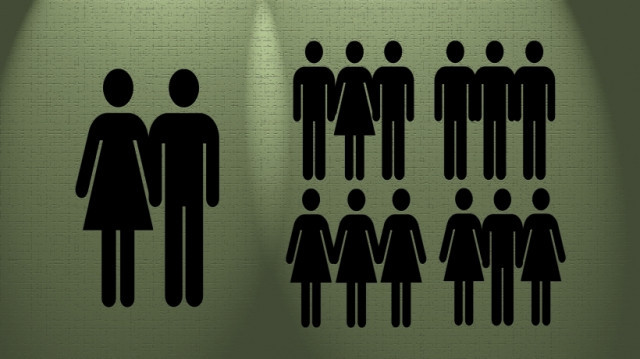#RelationshipPostmortem
While most of this section is going to deal with what to do after the breakup - how to process the grief, how to use that period of deep pain for your own development, transformation, and personal evolution, and how to set yourself up for success in the next relationship so you don’t repeat the same mistakes, we’ve all wondered at some point …
When is it time to leave?
This may be the most difficult question for us to answer for ourselves and there are so many variables - if there are children involved it makes it even more complicated even if the end result is the same.
But one thing we want to be sure of is that we do not stay in the relationship for the wrong reasons.
What are some of the “wrong” reasons?
Let’s start with a few mindsets or orientations to the process before we answer that question. For me personally, these aren’t just mindsets or beliefs, they are convictions; I am willing to assert them as self-evident truths.
First: every human is worthy of a loving and of a fulfilling romantic relationship and/or partnership. What does fulfilling mean? For me, it means that you're lit up in every way: sexually, lovingly, intellectually, and spiritually. That they are an incredible lover and your best friend. Most important of all: that you can express yourself - just be you - without being judged or shut down. That you are appreciated, encouraged, loved, and feel a deep connection to this person. That you can communicate through anything.
At the very least, your values need to be aligned enough - and your preferred forms of those values - how they would show up in your relationship need to have enough overlap that the little things don’t matter.
But whatever “fulfilling” means to you, every human is worthy of a loving and of a fulfilling romantic relationship and/or partnership.
If you are reading this and you are single, you can use the Values and Forms exercise we laid out earlier in the book as a way of determining a greater degree of likelihood for success in your relationship. Values are a far greater determinant of compatibility than any typing system [zodiac, Myers-Briggs, Enneagram, etc] as your level or stage of ego development will have a far greater influence - for instance at a certain stage you may experience differences as problematic, at yet another stage you may begin to see them as more of a benefit - complementary rather than conflicting - and so on.
If you are reading this and you are in a relationship, you can use the same exercise to gain an understanding and deeper insight into why you are in conflict and … ultimately … whether you are a functional fit or not.
Second: while it takes two to tango, it only takes one to transform [the relationship].
This is another fundamental truth. If you alter your internal relationship to the person and behave differently - and come at the whole situation fresh and open to possibility, they will respond to that. It may take longer than you desire - but I firmly believe [and this part may not be true but it is still the powerful way to relate to it] any relationship can be transformed if one person is lovingly but unwaveringly committed to transforming it. You can infuse new life into it at any point.
The question is not can it be transformed or not, the question is how.
Not all relationships should be, but I believe all relationships can be transformed.
Lastly - and this makes a good segue to the “wrong” reasons to stay in a relationship:
Longevity is not an effective gauge for success. You can be in a relationship that feels dead 20 years and people will congratulate you just based on the amount of time you have been together. Here’s the problem with that: most humans aren't in a relationship. They're just in a habit.
Having said that, there are a few “wrong” reasons to stay in a relationship:
1. You are afraid to be single or alone.
If you are afraid to be alone you are very likely in some form of co-dependent relationship and are having to sacrifice your happiness and - at times - your mental or emotional well-being.
In this case, if you are in a relationship you consider “dysfunctional”, leaving may be the bravest and most powerful and empowering thing you can do - despite (or maybe even because) of how scary it is at first.
2. You don’t think you are good enough to have a more fulfilling relationship.
In my research, I was surprised at how often this came up - that some people didn’t think they were worthy of a more fulfilling relationship - or a higher quality partner.



